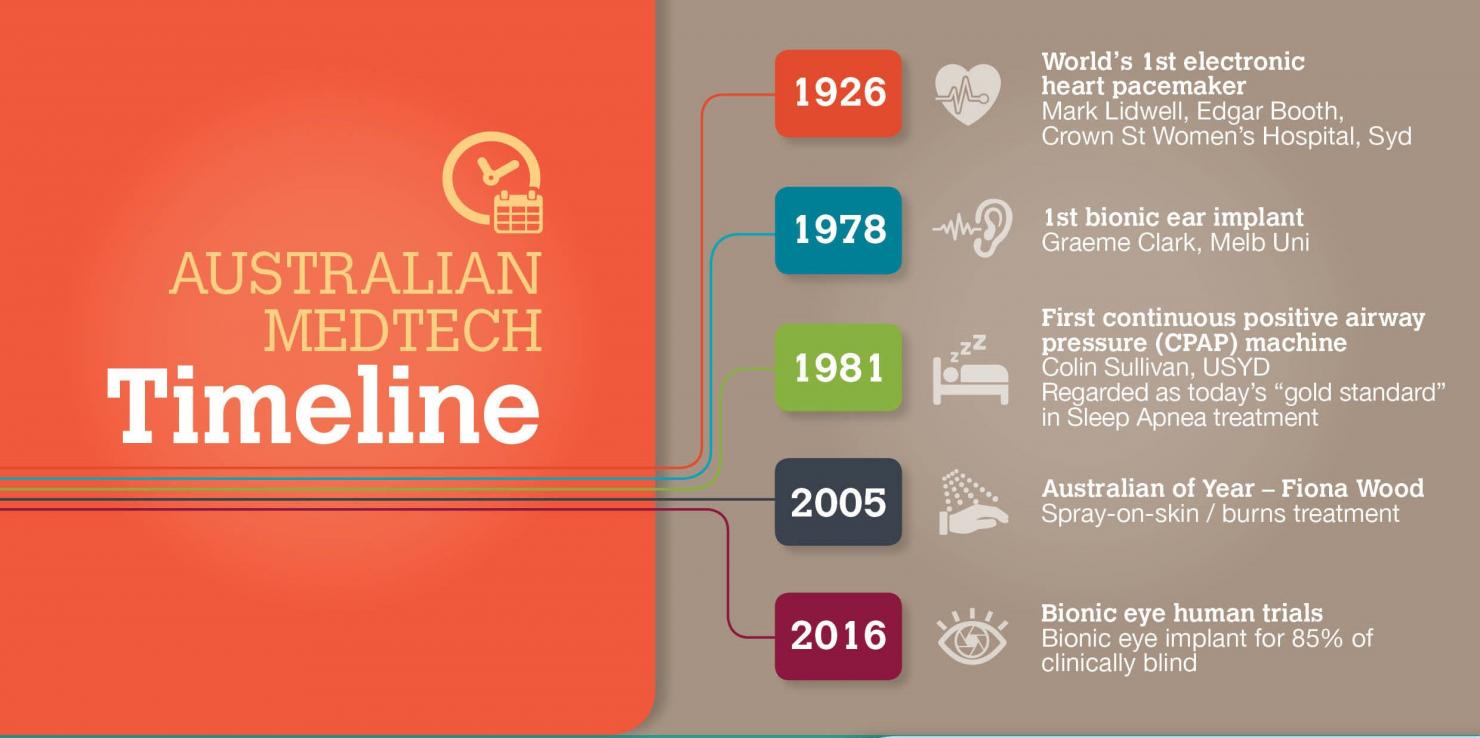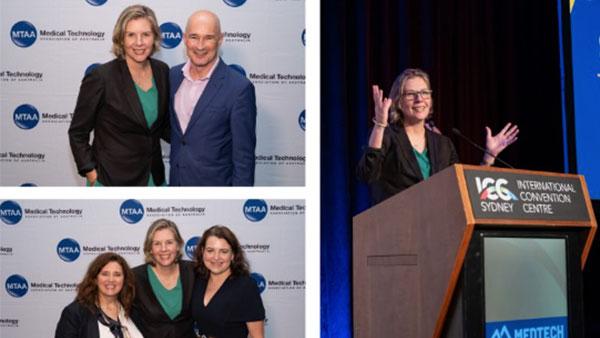
Innovation and Science Key to Australia’s ongoing Prosperity
The Medical Technology Association of Australia (MTAA) welcomes the release of the Australian Science Statement by Minister for Industry, Innovation and Science, Senator the Hon Arthur Sinodinos AO, today.
Today’s Science Statement along with the Medical Research Future Fund, which will commence in 2017 and the $500 million Biomedical Translation Fund established under the National Innovation and Science Agenda are important initiatives which reinforce the Government commitment to the medical technology industry.
Australia has a rich history of being at the forefront of medical technology:
- 1926 the world’s first electronic heart pacemaker is developed at Sydney’s Crown Street Women’s Hospital by Dr Mark Lidwell and Edgar Booth.
- 1978 the first person is implanted with a bionic ear developed by Professor Graeme Clark at the University of Melbourne.
- 2005 Dr Fiona Wood is named Australian of the Year for her work in burns treatment, including the development of spray-on skin for burns victims.
- Last year human trials for a bionic eye. Grey Innovation partnered with Monash University, the Alfred Hospital and MiniFAB to develop an innovative Bionic Eye implant to benefit up to 85 per cent of the clinically blind.
Innovation is at the forefront of better quality of life for patients, better health outcomes and reduced healthcare costs.
It is innovation that has seen implantable cardiac defibrillators battery life doubled from 5 to 10 years. Longer the battery life lowers the rate of replacement required and this reduces the risk of mortality from having to change devices more regularly.
This innovation alone is estimated to save the Australian healthcare budget $900 million over 15 years.
Ian Burgess, Chief Executive of the Medical Technology Association of Australia said:
“MedTech is a cutting-edge industry that benefits our economy by directly employing over 19,000 people.
“We’re pleased to represent such a highly skilled industry with over 52% of employees having a tertiary qualification, and 25% having a postgraduate qualification.
“Australia has many of the right attributes to grow a strong domestic MedTech industry – a significant health and medical research and manufacturing capability, quality health system, highly skilled workforce and access to the growing middle class markets of Asia.”
